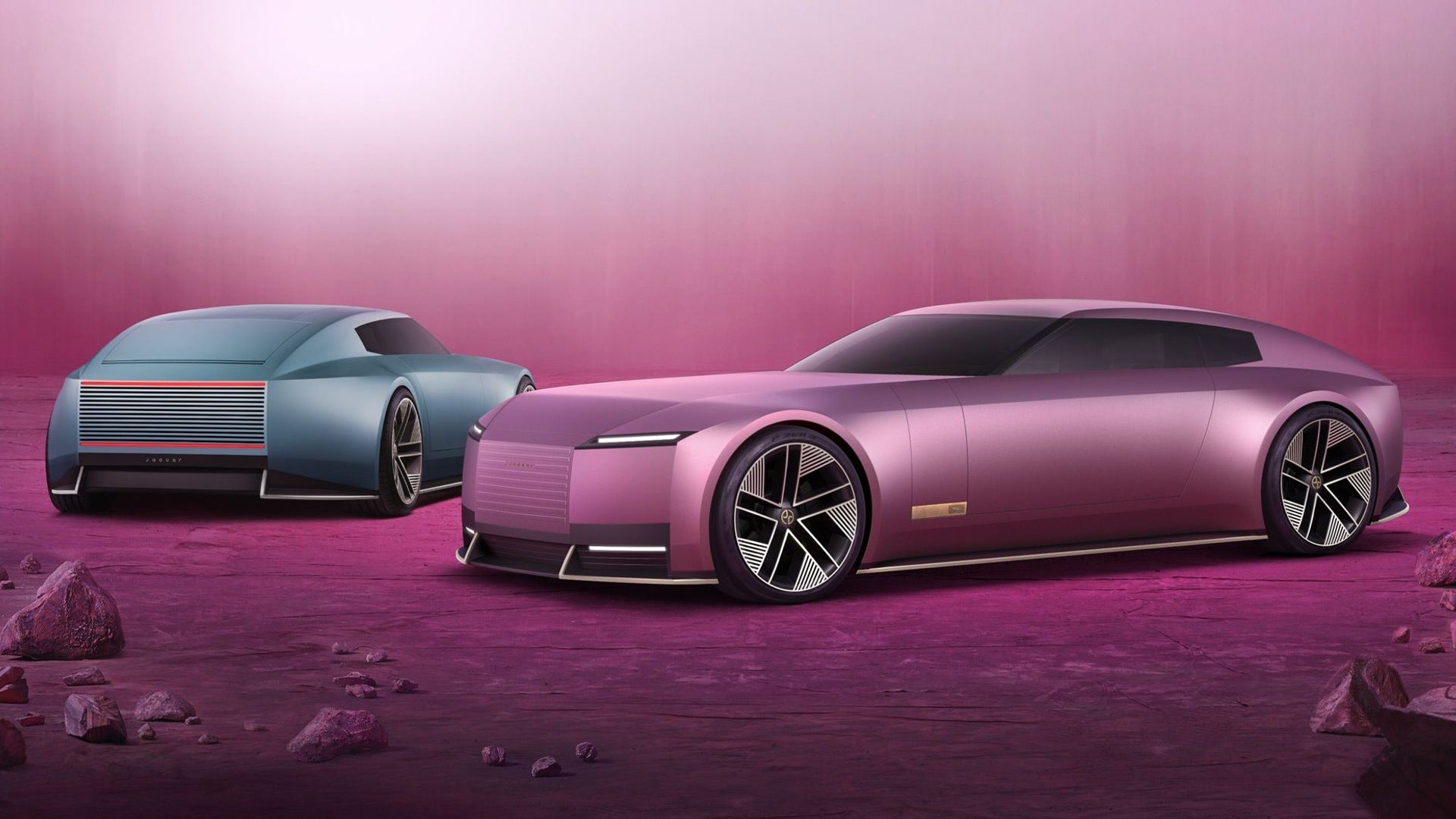Face à la popularité croissante des véhicules électriques (VE) aux États-Unis, de nombreuses familles évaluent le coût réel de leur possession par rapport à celui des véhicules thermiques traditionnels. Un foyer possédant deux Mini Cooper SE électriques et une installation solaire de 9 kW partage ici son expérience détaillée en comparant les frais de recharge hebdomadaires à ceux de l'essence, ainsi que les témoignages d'autres propriétaires de VE aux quatre coins du pays.
Seulement 3 $ pour parcourir 203 km par semaine contre 15 $ pour l'essence
Ce ménage parcourt environ 203 kilomètres par semaine et ne dépense qu'environ 3 dollars en électricité pour recharger ses véhicules électriques. À titre de comparaison, un véhicule thermique moyen consommant 24,4 miles par gallon consomme environ 19 litres d'essence par semaine, ce qui lui coûte environ 15 dollars (sur la base de 3,12 dollars par gallon). Cette différence représente une économie annuelle d'environ 600 dollars.
Leur système solaire de 9 kW permet de compenser la consommation d'électricité des foyers et des véhicules, compensant ainsi les excédents estivaux par des déficits hivernaux. Avec une garantie de 20 ans et un crédit d'impôt fédéral de 30 % (également applicable à l'installation d'une nouvelle toiture), ils estiment que leur investissement solaire sera rentabilisé en 5 à 7 ans. Cette synergie entre l'énergie solaire et la recharge des véhicules électriques améliore leur efficacité énergétique globale et leurs économies.
Commodité de charge et gestion des coûts
Initialement sceptique quant au forfait horaire de 3 $ à la borne ChargePoint de son lieu de travail, le propriétaire a constaté qu'arriver avec 52 % de batterie ne nécessitait qu'une courte charge (environ 20 %) avant de débrancher, minimisant ainsi les coûts et évitant les temps de charge inutiles. Cela illustre comment les propriétaires de véhicules électriques peuvent gérer stratégiquement la recharge pour optimiser le confort et les dépenses.
Impact des tarifs d'électricité régionaux sur l'accessibilité des véhicules électriques
Les commentaires d’autres conducteurs de véhicules électriques soulignent l’impact des prix régionaux de l’électricité sur les économies globales :
-
Un conducteur du nord de l'État de New York déclare payer 0,21 $ par kWh, ce qui entraîne des économies de carburant mensuelles d'environ 60 $ par rapport à l'essence, bien que les coûts d'assurance plus élevés compensent ces économies.
-
Un autre utilisateur note des tarifs d'électricité nocturnes aussi bas que 0,02 $/kWh dans sa région, ce qui rend la recharge à domicile extrêmement économique.
-
À l’inverse, les ménages équipés de chauffage électrique signalent des factures d’électricité hivernales supérieures à 1 000 $ par mois, ce qui peut réduire les avantages financiers des véhicules électriques.
Ces exemples soulignent que les avantages économiques des véhicules électriques dépendent fortement des prix locaux de l’électricité, des habitudes de conduite personnelles et de la consommation d’énergie des ménages.
Considérations relatives à l'entretien et au mode de vie
Plusieurs commentateurs soulignent que les coûts d'entretien des véhicules électriques sont inférieurs et plus rapides que ceux des véhicules thermiques. Les tâches courantes, comme le remplacement du filtre à air, coûtent environ 15 $ en auto-entretien. Un utilisateur privilégie les véhicules électriques, malgré des coûts d'exploitation similaires à ceux des véhicules thermiques, en raison de la commodité de la recharge à domicile et de la réduction des contraintes d'entretien.
Conclusion
Cet exemple concret, tiré d'un foyer équipé de deux véhicules électriques, montre des économies de carburant significatives par rapport aux véhicules à essence traditionnels, notamment en combinant l'énergie solaire. Si les prix de l'électricité varient selon les régions et les situations individuelles, les véhicules électriques offrent des avantages économiques et de confort de vie convaincants, et les économies devraient croître avec l'amélioration des infrastructures et des technologies.
Auteur : Lay Wen








Partager:
Comment alimenter votre camping-car à l'aide d'une charge bidirectionnelle pour véhicule électrique ?
L'utilisation du chargeur Tesla de niveau 1 inclus est-elle contraire aux réglementations NEC 625 et HOA ?